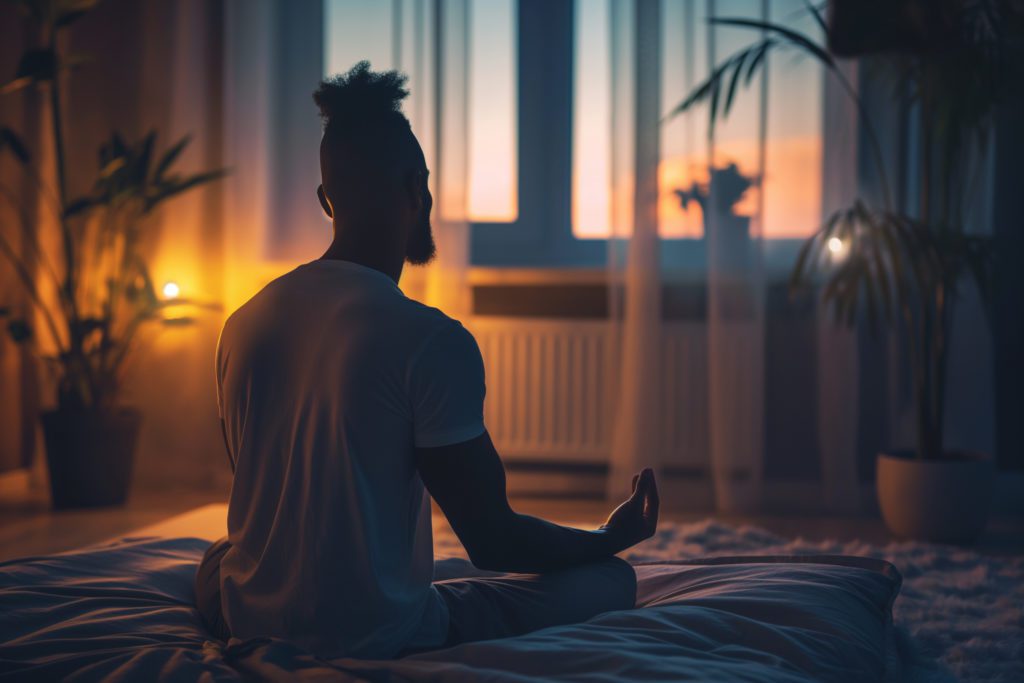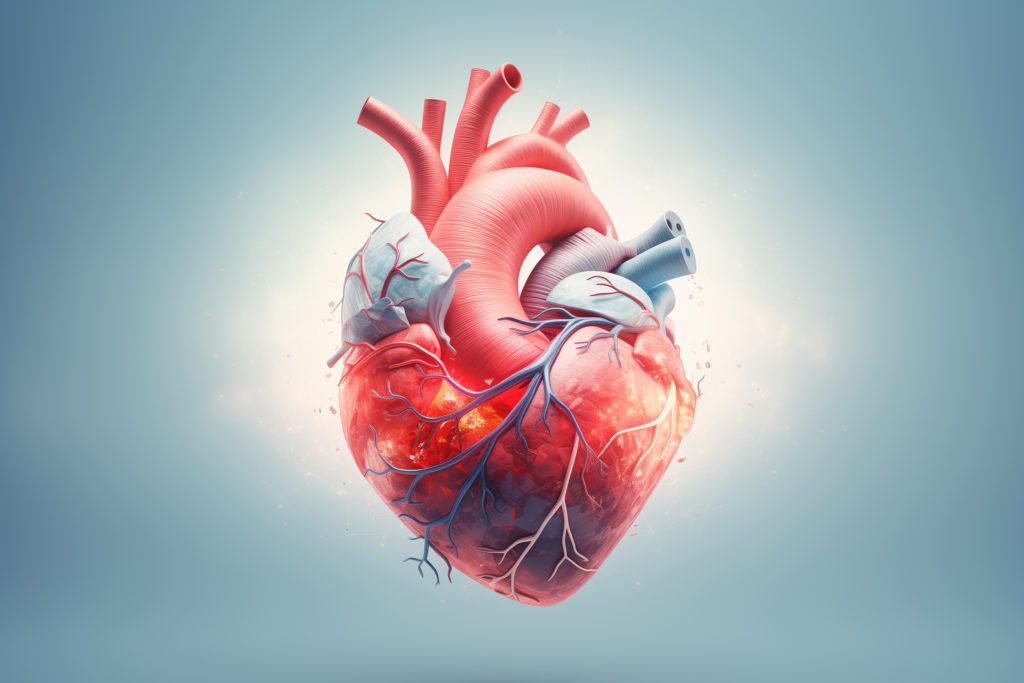
Sleep Quality and Pain Perception
Explore how sleep quality affects pain perception and discover strategies to improve rest and manage pain. Get tips for better sleep today!

How often have you woken up after a poor night’s rest to find yourself in even more pain than you were in the day before? If this sounds like you, you’re not alone. The quality of our sleep can have a direct impact on our pain perception, just as our pain can have an effect on how well we sleep. That’s why you may experience sleepless nights when you’re dealing with pain or why sleeping poorly for a few nights could leave you feeling achy.
If you’re curious about how sleep quality and pain perception are related, then you have come to the right place. In this article, we’ll explore more about how sleep quality impacts pain perception and vice versa. We’ll discuss the nature of pain perception, the link that it has to sleep, and how you can overcome these challenges. Let’s first look into how we perceive pain and why this is important.
Understanding Pain Perception
When we experience pain, our bodies send messages to let us know where this pain is, how intense it is, and more. Specifically, there are neurons called sensory neurons that will react to external stimuli. For example, if you burn your hand on hot water, your sensory neurons will respond to the hot water on your hand, then sending an internal electrical stimulus all the way from your peripheral nervous system to your central nervous system.
Then, the pain signals would travel through the spinal cord through your brain, giving your brain the message that it needs to register that you are in pain and that you have possibly hurt yourself. You can have acute or chronic pain, with the former being often shorter in duration and the chronic pain usually being longer, potentially less sharp, but still just as poignant to deal with.
How we perceive pain is essential to our health, especially when it comes to inflammation and other conditions that might cause us pain. More than that, our pain perception is undoubtedly tied to our sleep.
The Link Between Sleep and Pain Perception
While you might think that your sleep is not at all associated with your pain perception, think again. When was the last time you slept poorly, and did you wake up feeling sore or achy? There is a bidirectional relationship between sleep and pain perception. In other words, the worse you sleep, the worse your pain. And unfortunately, the more pain you’re in, the more you might experience disturbed sleep (Source: The Journal of Pain).
It's no secret that when we’re in pain—and without painkillers—we can struggle to sleep. However, other studies have shown that sleep quality can make our pain even worse, even if it might not be as bad as it is. One study demonstrated that patients with insomnia who struggled with headaches had more severe headaches as compared to others who did not experience as many sleep disturbances.
When you become more sensitive to pain, it is known as hyperalgesia. This can lower your pain tolerance, making it harder for you to deal with pain, even if it is minute, in comparison to other aches and pains you have felt before. When you consider how poor sleep can lead to inflammation, it’s no wonder that you become more sensitive to pain and struggle to sleep over time with each night of inadequate rest.
With this in mind, let’s take a look at strategies that can help you reduce your sleep disturbances and manage your pain at the same time.
Strategies to Improve Your Sleep Quality to Manage Your Pain
With sleep disorders commonly associated with chronic pain in 10% to 40% of all people today, several scholars have presented strategies that you can use to manage your pain. From pain management techniques to sleep hygiene practices, here are some of the things you can do to manage your pain and improve your sleep:
- Practice Better Sleep Hygiene: One of the most challenging parts of managing pain is getting enough rest, which is crucial to avoid inflammation and chronic aches. Try to stick to a regular schedule and reduce your screen time before bed to see how this impacts you.
- Manage Your Pain Consistently: If you struggle with chronic pain, one of the worst things you can do is not support your body’s challenges. Cognitive behavioral therapy (CBT) has been shown to help with chronic pain, giving people a chance to understand the root of their condition while improving their overall well-being (Source: American Psychologist).
- Engage in Mindfulness Exercises: Meditation, deep breathing, and even progressive muscle relaxation can help you manage your pain and improve your sleep. In one study over three months, patients experienced improved sleep quality and less pain due to practicing mindfulness on a regular basis.
- Leverage Alternative Therapies: If you struggle with chronic pain and insomnia, you might be able to benefit from acupuncture. Patients who tried acupuncture for their chronic pain saw an improvement in their chronic pain-related insomnia, allowing them to sleep better and more soundly due to treatment. Aromatherapy might also be an excellent complementary therapy to help you relax and unwind.
No matter what option you choose to help manage your poor sleep and pain, remember that you have to find what works for you. As always, if you need further guidance, it never hurts to contact your doctor to see what options they recommend for optimal rest and to eliminate acute and chronic pain.
Take Steps to Encourage Better Rest and Pain Perception
With a bidirectional relationship present between pain perception and poor sleep, it makes sense that we often sleep poorly and wake up with aches and pains. However, you’re now armed with the tools and insights you need to take steps to improve your health, one night at a time. Whether you try therapy or you choose to engage in mindfulness exercises, it’s up to you.

Written by
Marie Soukup
Marie Soukup is a seasoned copywriter, editor, and Integrative Nutrition Health Coach with a certificate from the Institute of Integrative Nutrition (IIN). With years of experience working with brands across diverse industries, Marie is passionate about holistic health and crafting compelling content.
Download Pillow
Get help
Press & News
Legal
Connect
X (Twitter)
Company
Copyright © Neybox Digital Ltd.



